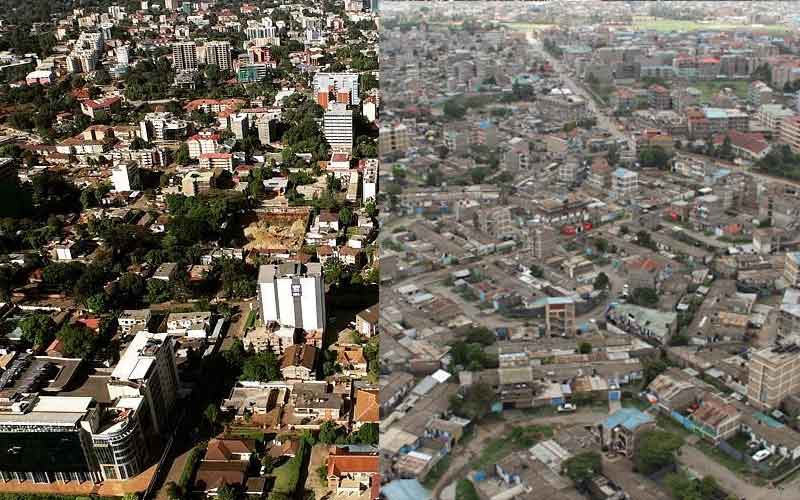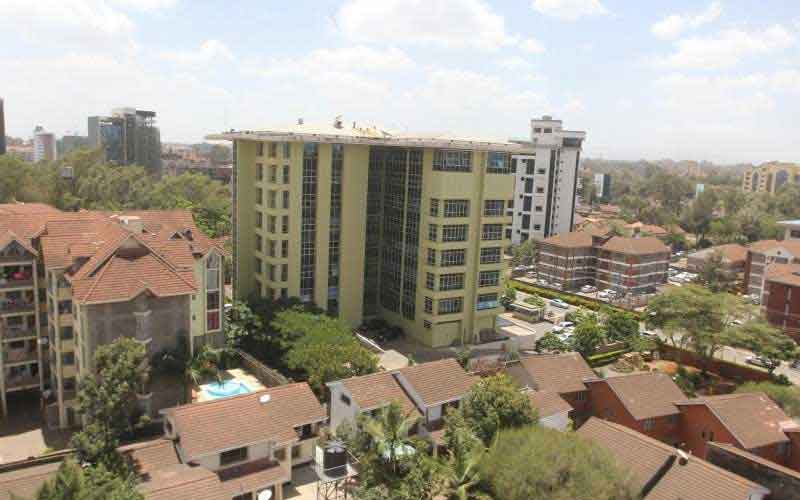
The 2017 launch of the Standard Gauge Railway reminded everyone about how one single colonial effort, the railway, changed Kenya for good.
But there were other ways in which Imperialists changed our lives including introducing an education system that prepared graduates for the job market and not into entrepreneurship.
China, whose companies built the SGR, have their kids learning entrepreneurship in primary school. Little wonder over 300 million Chinese were moved out of poverty in a decade according to Time Magazine.
The class system in Kenya is very British and we thus have the ruling class (who control politics and state resources), the upper-middle class (who control commerce), the middle class (who slave for the ruling elite and the upper-middle class) and the lower classes who are subordinate to the middle class at work and who form the bulk of voters.
The colonial system also embedded negative ethnicity through ‘divide and rule’ tactics. Elections, come independence, only made tribalism worse, as the African elites ran to their ‘people’ for votes with promises to bring them ‘matunda ya uhuru’ as Charles Hornsby informs us in Kenya: A History Since Independence (2011). Over 50 years since independence we still believe in having a tribal kingpin at the centre of power!
Maybe devolution will redistribute ‘matunda ya uhuru’, but the colonialists also introduced ‘apartheid’ in city housing.

West of Uhuru Highway was reserved for odieoros. Leafy suburbs like Kilimani, Kileleshwa and Upper Hill were hilly unlike Eastlands which was flat, had black cotton soil and prone to flooding. Odieros feared floods. Their houses were also grand in size and style.
Parklands, Ngara, Eastleigh, South C, Pangani and Highridge were reserved for Muhindis (and Arabs) who were also banned from farming through the Devonshire Declaration of 1923. They took to wholesale and retail, manufacturing and commerce, elevating them to a financial Nirvana that sees to it that they never appear on TV wakiomba serikali, or killing each other over two acres of land!
Africans were condemned to live in Nairobi’s Eastlands, specifically Pumwani where the first housing project in East and Central Africa was erected.
Did you know that there were no further plans for African housing estates beyond Pumwani?
“Pumwani had rectangular streets, drains, communal toilets and washing blocks. The initial residents were Africans uprooted from squatter settlements within the town. Pumwani was a native location and the only designated residential area for Africans,” writes Ambe J Njoh in Planning Power: Town Planning and Social Control in Colonial Africa (2006) where the Professor of environmental science and policy adds that “This was the first project of its kind in the region, and as colonial authorities had planned, it was to be the only such project.”
Did you also know that houses in Pumwani were deliberately made small to discourage Africans from inviting relatives?
These minuscule designs were extended to houses in Bahati, Jericho and Kaloleni where the bulk of residents who worked for East African Railways and Habours, were Luos and Luhyas from Western Kenya where ‘African socialism’ is king.
Did you also know that residential areas like Muthurwa were built closer to the city centre so that tenants could walk to and from work?
Those who worked at City Hall lived in City Council housing like Ziwani, to not only walk to walk but also being provided with cheap housing translated earning minimum wages without demands for salary increments!
 The Standard Group Plc is a multi-media organization with investments in media
platforms spanning newspaper print
operations, television, radio broadcasting, digital and online services. The
Standard Group is recognized as a
leading multi-media house in Kenya with a key influence in matters of national and
international interest.
The Standard Group Plc is a multi-media organization with investments in media
platforms spanning newspaper print
operations, television, radio broadcasting, digital and online services. The
Standard Group is recognized as a
leading multi-media house in Kenya with a key influence in matters of national and
international interest.









